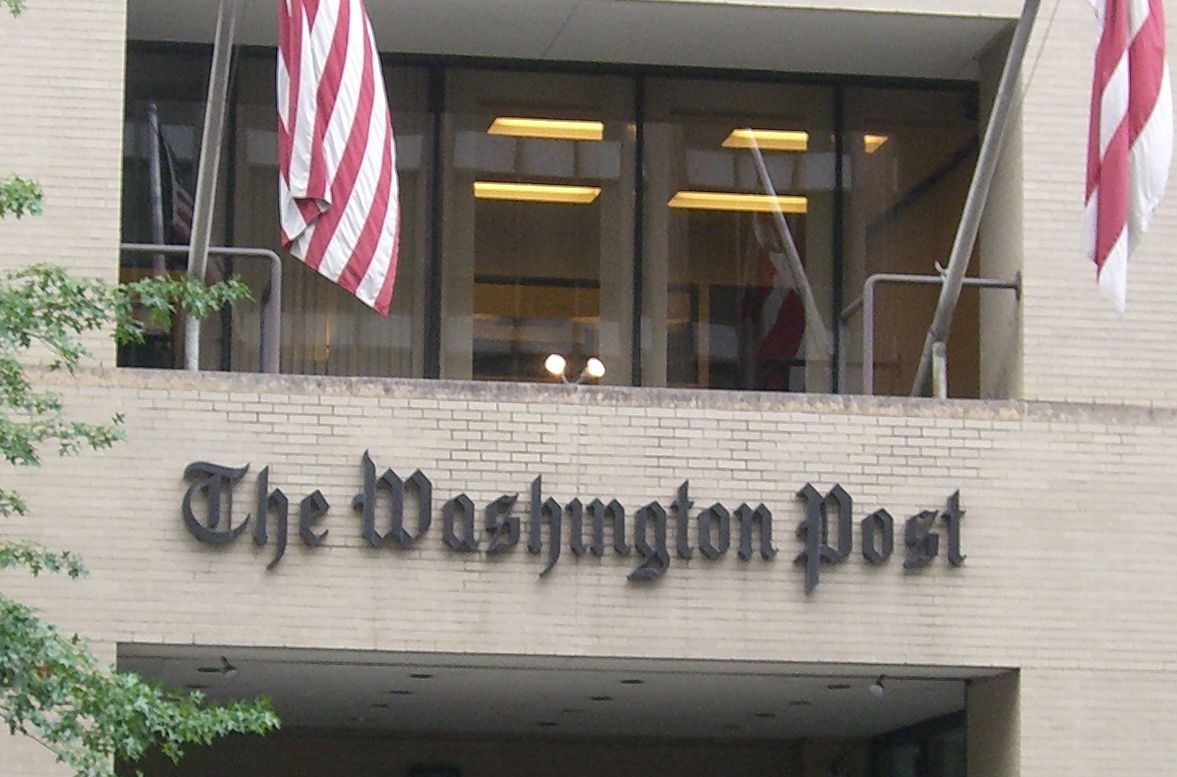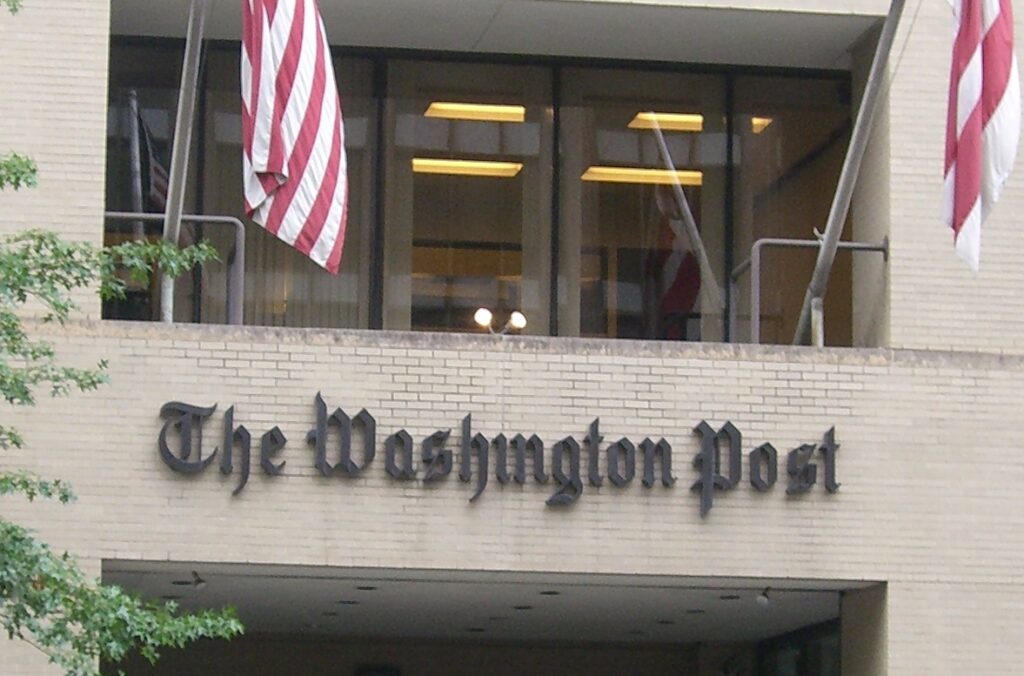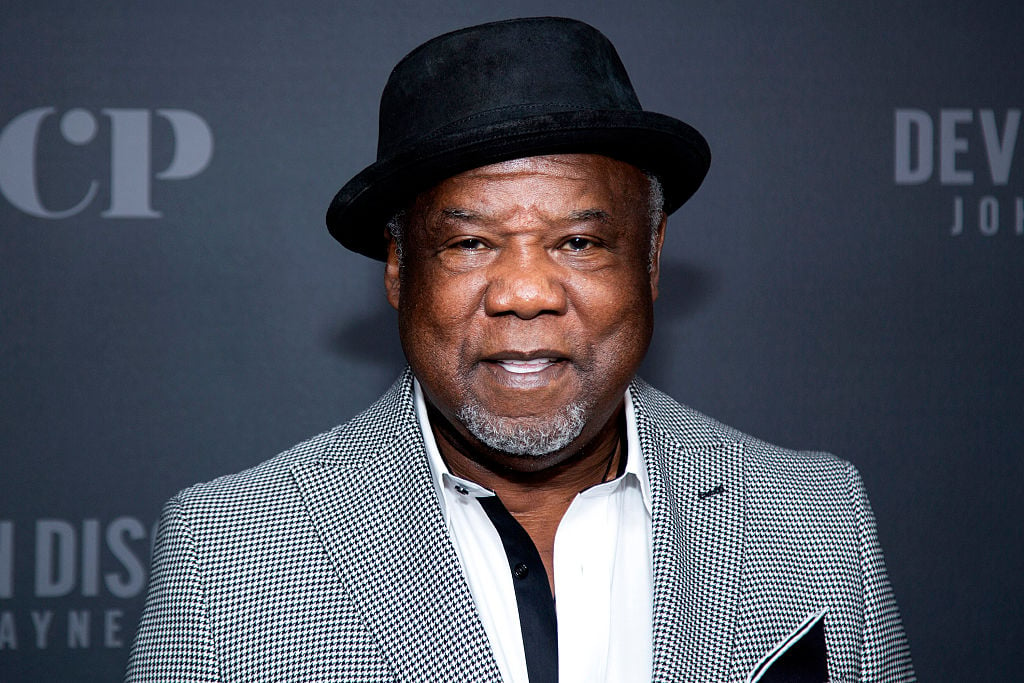
October 3, 2025
NABJ met with The Washington Post to address accountability concerns following the recent dismissal of Karen Attiah.
Accountability and the future of DEI at The Washington Post were the focus of a recent meeting between the National Association of Black Journalists and the legacy publication, following the firing of a Black opinion columnist and the departure of other Black staff members.
On Sept. 29, NABJ announced its meeting with leadership at The Washington Post to discuss concerns about the workplace environment for Black journalists amid recent firings and departures. Members of the organization urged the paper to stay committed to representation and diversity, given both the industry’s history and The Post’s legacy of supporting Black journalists.
“The absence of Black journalists doesn’t just harm us — it impoverishes the entire profession. When our voices are missing, stories go untold, perspectives go unchallenged, and the truth remains incomplete,” said NABJ President Errin Haines.
The meeting comes after the recent firing of Karen Attiah, The Post’s founding Global Opinions editor, who was dismissed last month over social media posts regarding Charlie Kirk’s death. NABJ leaders stressed that while Attiah’s case will take its own legal path, the organization’s broader concern is on the recent attacks on diversity, the First Amendment, and the presence of Black journalists.
“We are calling for accountability, transparency, and tangible action to ensure Black voices remain present in newsrooms. NABJ will continue to monitor progress closely,” the organization wrote in an Instagram announcement.
During the meeting, The Washington Post’s Executive Editor Matt Murray assured NABJ that the paper is committed to maintaining staff diversity and expanding opportunities for journalists of color. While acknowledging the challenges of newsroom restructuring, Murray outlined ongoing initiatives, including a new two-year internship program to increase access for journalists of color, plans to engage with current Black staff, and efforts to enhance career development and retention of diverse employees.
NABJ leaders welcomed The Post’s openness to future collaboration but noted they will closely monitor progress, with follow-up expected in the coming months.
“This is a tense moment in history for journalists nationwide. How we advocate for Black journalists today will be felt for years to come,” said Washington Association of Black Journalists (WABJ) President Phil Lewis, who joined Haines and Coleman in Tuesday’s meeting. “WABJ is thankful for the leadership of President Haines, who made it clear to Post leadership that tangible action steps are necessary.”
Attiah announced her plans to take legal action against The Post in the wake of her firing.
“It’s more sort of about this chilling precedent that it sets for journalists, for educators, for researchers, for anyone who writes on gender and violence,” Attiah said. “If they think it’s going to stop with me just because I was a Black woman saying this, it never stops with just Black people.”
RELATED CONTENT: Washington Post Opinion Columnist Quits After Jeff Bezos Took Over The Section





